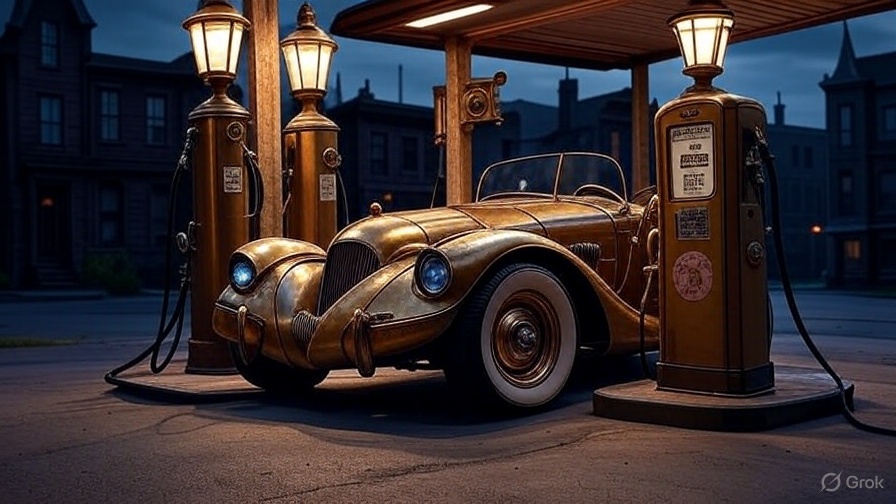In a groundbreaking leap for clean energy, American startup Aircela has developed a refrigerator-sized machine that transforms air into gasoline, offering a glimpse into a future where fuel is both sustainable and accessible.
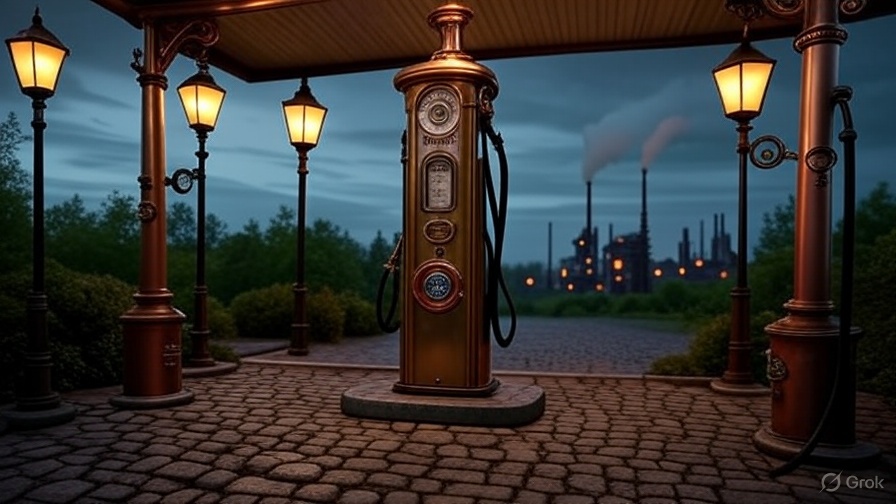 Unveiled in a live demonstration in New York City on May 20, 2025, this device captures carbon dioxide (CO₂) directly from the atmosphere and synthesizes it into high-quality, fossil-free gasoline — potentially surpassing the standard of traditional A-95 fuel.
Unveiled in a live demonstration in New York City on May 20, 2025, this device captures carbon dioxide (CO₂) directly from the atmosphere and synthesizes it into high-quality, fossil-free gasoline — potentially surpassing the standard of traditional A-95 fuel.
The best part? It can be poured straight into any conventional car without requiring modifications, making it a seamless drop-in solution for a world still heavily reliant on gas-powered vehicles.
From Air to Fuel: How It Works
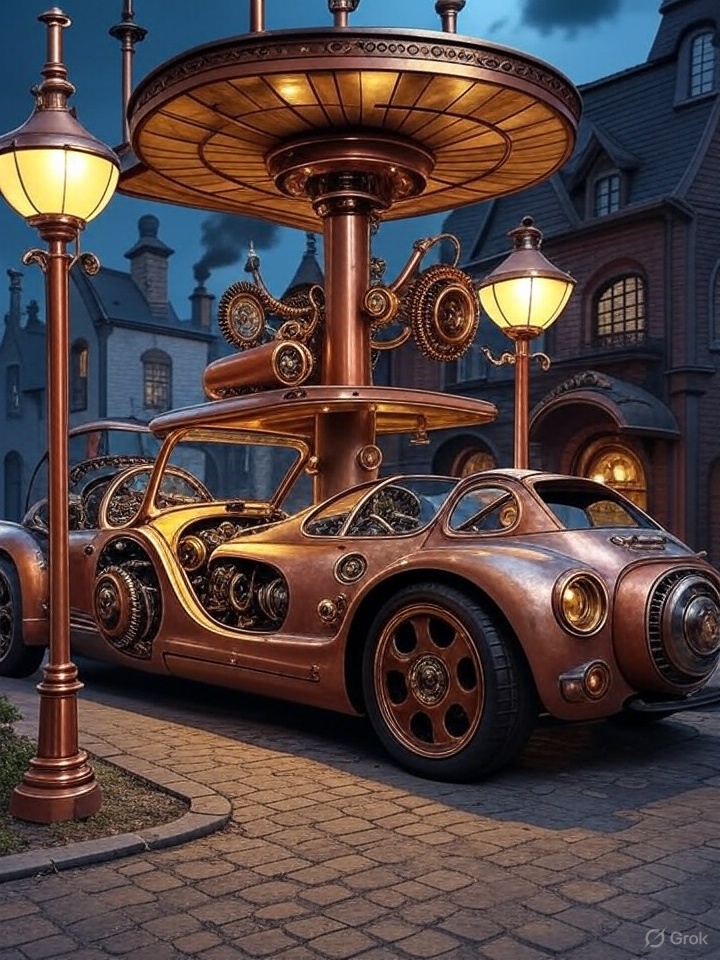 Aircela’s machine operates like a mini direct air capture (DAC) facility, using a water-based potassium hydroxide solution to pull CO₂ from the air.
Aircela’s machine operates like a mini direct air capture (DAC) facility, using a water-based potassium hydroxide solution to pull CO₂ from the air.
It then employs renewable electricity to split water into hydrogen and oxygen via electrolysis, releasing the oxygen and keeping the hydrogen for the next step. The captured CO₂ and hydrogen are combined to produce methanol, which is then converted into gasoline through established chemical processes.
The result is a clean fuel free of sulfur, ethanol, and heavy metals, compatible with existing engines and infrastructure.
The device, composed of three hexagonal blue units stacked together, resembles a futuristic appliance you might find in a sci-fi movie. A standard gasoline nozzle on the back completes the picture, allowing users to refuel their vehicles as they would at any gas station.
Aircela’s co-founder and CEO, Eric Dahlgren, emphasized the machine’s real-world readiness: “We didn’t build a prototype. We built a working machine.” During the Manhattan demo, attendees — including New York City Councilmember Erik Bottcher and New York State Energy Chairman Richard Kauffman — witnessed the device produce gasoline in real time, proving its viability.
A Game-Changer for Transportation
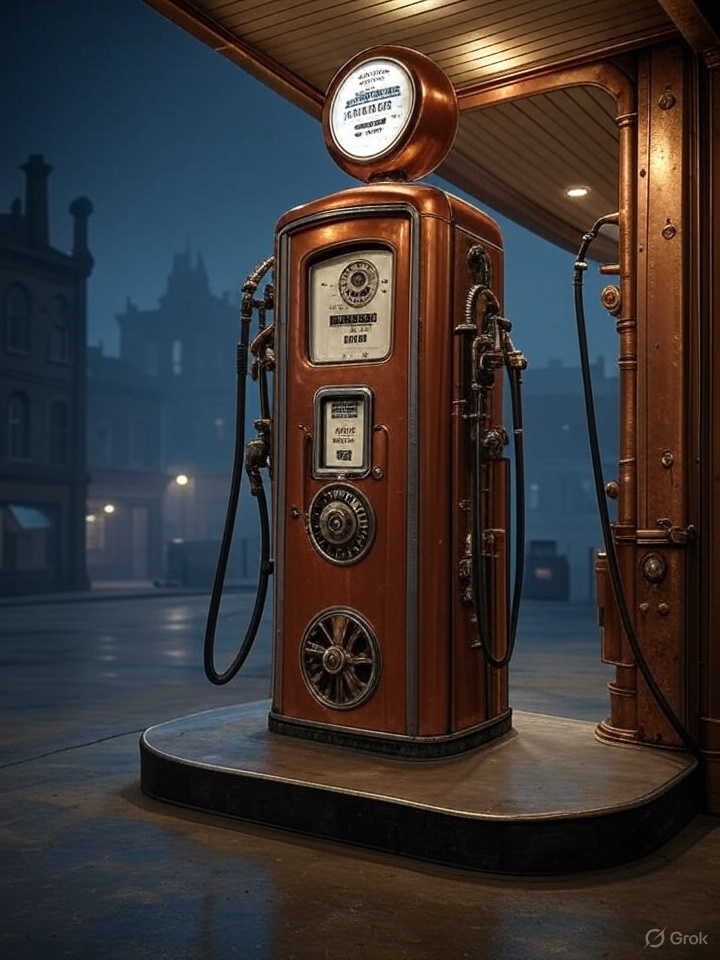 With over 90% of vehicles globally still running on fossil fuels, Aircela’s technology addresses a critical challenge: how to decarbonize transportation without forcing drivers to abandon their gas-powered cars. Unlike electric vehicles (EVs), which remain expensive and require significant infrastructure changes, Aircela’s gasoline offers a practical alternative.
With over 90% of vehicles globally still running on fossil fuels, Aircela’s technology addresses a critical challenge: how to decarbonize transportation without forcing drivers to abandon their gas-powered cars. Unlike electric vehicles (EVs), which remain expensive and require significant infrastructure changes, Aircela’s gasoline offers a practical alternative.
It allows drivers to reduce their environmental impact without changing their habits or vehicles, a point Dahlgren underscored as key to the project’s mission. The machine’s modular design also makes it versatile — suitable for residential, commercial, or industrial use, whether in a garage or a remote off-grid location.
The environmental benefits hinge on the use of renewable energy to power the machine. If it relies on a grid powered by fossil fuels, the carbon reduction potential diminishes significantly.
However, with the U.S. trending toward renewables — despite resistance from the current administration’s “drill baby drill” stance — Aircela’s vision aligns with a broader push for sustainability.
The startup plans to begin deployments by fall 2025, targeting off-grid and industrial users initially, with ambitions to scale production and make the units available to the general public in the coming years.
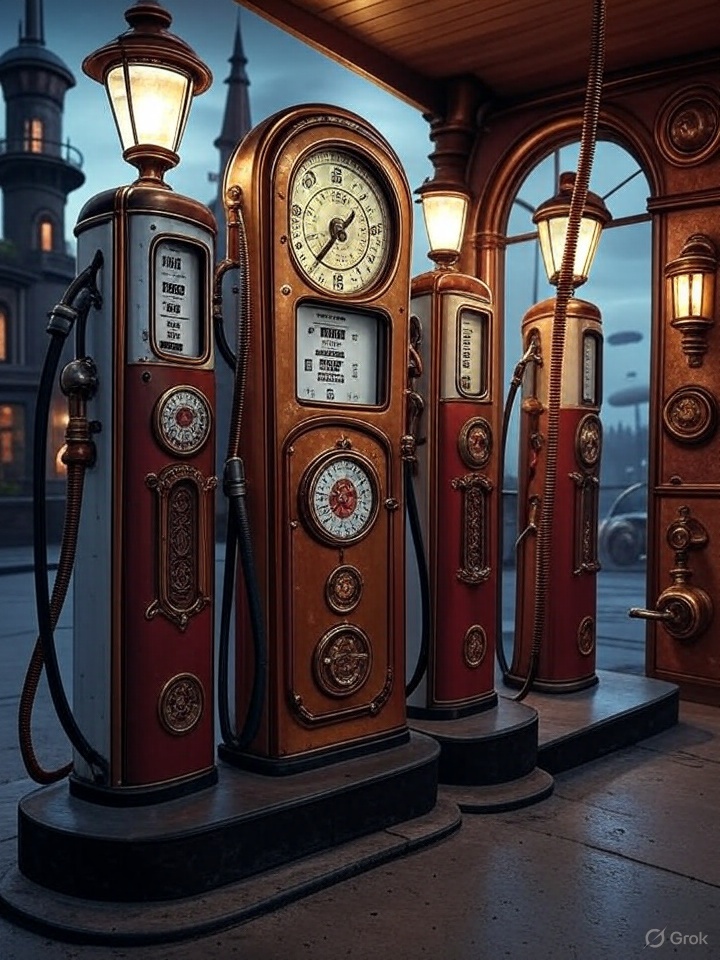 Also read:
Also read:
- Guess Who’s Gone TikTok? Even TED Jumps on the Short-Form Video Bandwagon
- Your AI Team for the Perfect Presentation: Meet Genspark, the Ultimate Slide-Making Solution
- The Secret Weapon for Any Interview: Discover the Must-Have Tool for Tech Interviews, Meetings, and Last-Minute Online Calls
The Future We Need
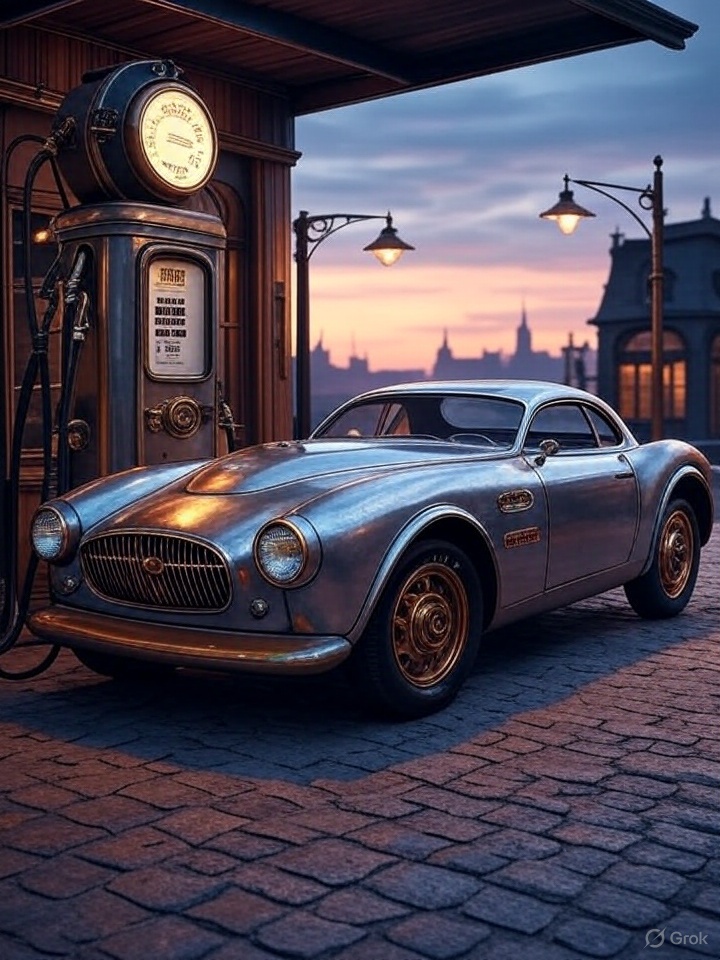 Aircela’s machine isn’t just a technological marvel; it’s a bold step toward a future where clean fuel is as accessible as the air we breathe.
Aircela’s machine isn’t just a technological marvel; it’s a bold step toward a future where clean fuel is as accessible as the air we breathe.
Backed by heavyweights like Ripple founder Chris Larsen, activist investor Jeff Ubben, and Maersk Growth, the company has the support to turn its vision into reality.
While challenges remain — such as the high energy costs of DAC and the need for widespread renewable energy adoption—the potential is undeniable. Imagine a world where every home or community can produce its own gasoline, free from the environmental and geopolitical baggage of fossil fuels.
That’s the future Aircela is building — and it’s exactly the kind of future we need.

